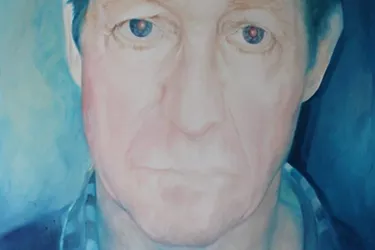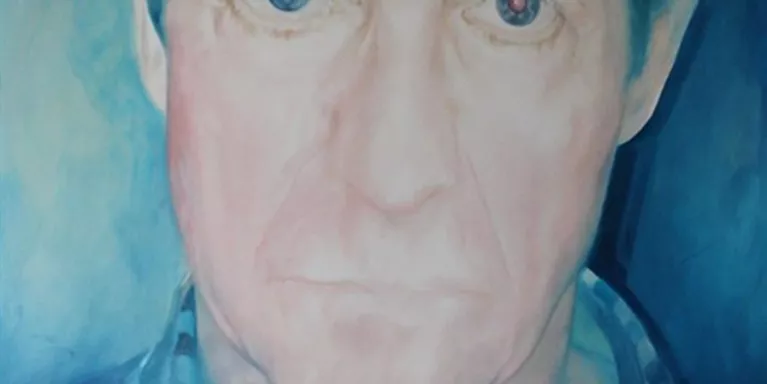Depression in the police force & being a Blue Light Champion
Lisa blogs about her experience of depression working as a police officer, and being a Blue Light Champion for Mind's Blue Light Programme.
I’ve been in the police for 26 years. In 2013 I was off sick for about 6 weeks with depression caused by long term stress and anxiety.
When I came back I decided to write about it. I wanted people to understand that I had been unwell and it wasn’t something I could help – I wanted to reduce the stigma.
I wrote a blog called ‘I’m Still a Detective, I am not Defective’ which was published by the chief constable – the senior managers at Avon and Somerset Police have been fantastic right from the off.
"Police officers are more likely to experience a mental health problem but we don’t talk about it."
That’s how it all started. The blog got the highest number of hits Avon and Somerset had ever had. It had a huge impact, and I know people struggling with poor mental health found the strength to come forward because of it.
Mind got in touch with me and asked if I wanted to become a Blue Light Champion and I have been involved in the programme right from the beginning. It’s about raising awareness in the workplace. I’d been doing this sort of work before, but now it’s got the Blue Light Champion label attached to it.

When I send out emails, they show I’m a Blue Light Champion so colleagues can contact me. And because people know I’m a Blue Light Champion, I often get emails from people wanting advice and help, so I also offer some unofficial peer support. Not as a counsellor, but as a friend. I signpost someone on if I feel they would benefit from extra help.
"I’ve got so much out of this. I’d describe it as life-changing."
I do a lot of writing, too. I write so other people feel encouraged to talk about mental health. Poor mental health is so isolating and can make you feel so alone.
When I published my blog I had 200-300 emails from officers around the country saying they felt the same. A lot of officers, especially those coming to the end of their service– don’t talk about their feelings. They were the ones emailing me behind the scenes, saying they felt the same.
The Blue Light Programme is such a brilliant project. Police officers are more likely to experience a mental health problem but we don’t talk about it. That’s how I fell ill in the first place – I should have slowed down years ago but I didn’t notice the warning signals. People are starting to come round and understand the issues now, and that’s brilliant.
I’ve got so much out of this. I’d describe it as life-changing. The nice things people have said makes me feel good, but so does the fact I’m helping other people. It has given me confidence – I’ve managed to keep on writing. It’s been absolutely fantastic."
...now we are all linked by this programme. We are more of a force."
After my blog was published, I was invited by Devon and Cornwall police to speak at a conference to others who were thinking of becoming Blue Light Champions.
The feedback from Mind and the Blue Light Champions was the personal stories were very powerful and it was one of the best parts of the day – they could relate to those stories.
Being part of the Blue Light Programme has made a huge difference. Before, I felt like one person, that I couldn’t change the world. Now I’m part of an organisation. It’s growing, and more people are getting interested. I couldn’t have carried on getting the exposure I’m getting without having that behind me.
You’ve got a lot of individuals who were passionate about these issues beforehand, but now we are all linked by this programme. We are more of a force.
This is just the start. It’s had such an amazing effect over the past year – it would be nice if it could carry on.

Information and support
When you’re living with a mental health problem, or supporting someone who is, having access to the right information - about a condition, treatment options, or practical issues - is vital. Visit our information pages to find out more.
Share your story with others
Blogs and stories can show that people with mental health problems are cared about, understood and listened to. We can use it to challenge the status quo and change attitudes.

















